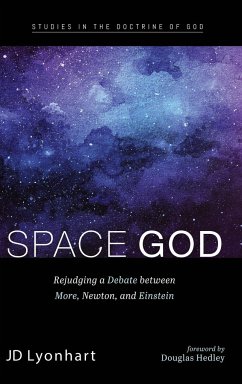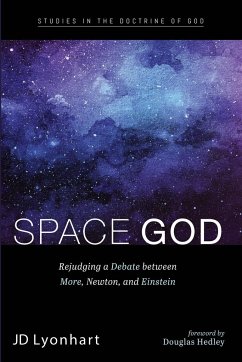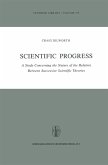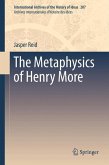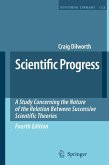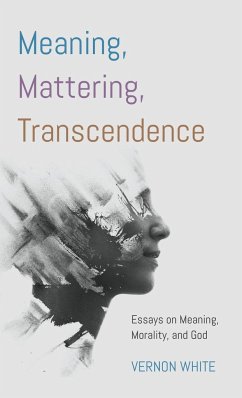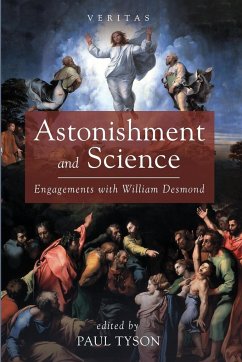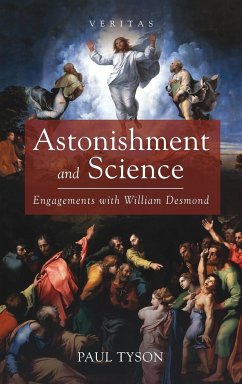Henry More had an odd idea. Thinking about space, he realized it was invisible, for we see things in space but not space itself. It's also immaterial, for matter exists in space but space is not itself material--try to grab it and it slips through your fingers. Space was also infinite and transcendent yet nonetheless omnipresent, for we cannot go anywhere except in and through space. But this was exactly how More saw God; God is invisible, immaterial, infinite, and transcendent, yet also omnipresent above, beyond, and within us. If God was somehow linked to space, he could be truly present while remaining immaterial, upholding the creator-creature distinction. He'd be near to us but would not be identical with us, just as space is distinct from the objects occupying it while remaining intimately close to those objects. What if space was, in some sense, divine? Odder still, Newton soon erected his new physics upon More's idea. Indeed, there's real evidence that the modern scientific world was unwittingly grounded upon this theistic metaphysic. Of course, modern physics shed these underpinnings in the nineteenth century, and was itself relativized by Einstein in the twentieth. Yet this book seeks to reappraise More's odd idea. Is divine space theologically orthodox? Can it provide a new argument for the existence of God? And does it have any philosophical merit for us post-Einstein--a Space God for a Space Age?
Hinweis: Dieser Artikel kann nur an eine deutsche Lieferadresse ausgeliefert werden.
Hinweis: Dieser Artikel kann nur an eine deutsche Lieferadresse ausgeliefert werden.

